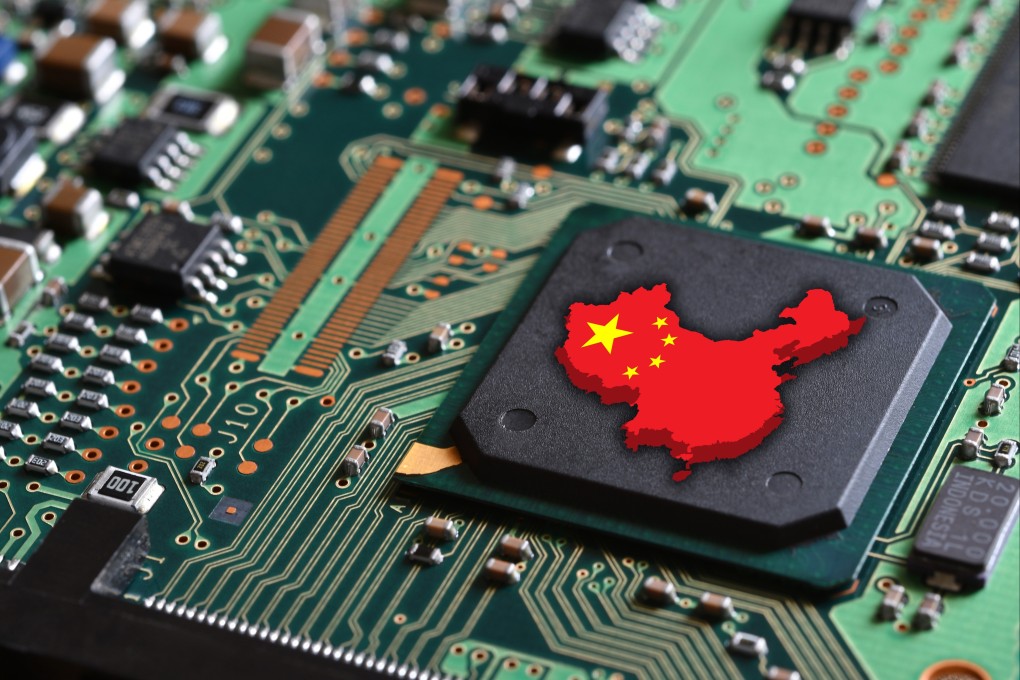China’s hi-tech progress reshaping global politics as US and allies seek to build ‘balancing coalition’, study says
- Researchers said Western countries were reacting to progress in fields such as AI, 5G and quantum computing which have ‘unpredictable’ security implications
- China’s status as a ‘near-peer competitor’ is driving efforts to limit access to key technologies such as semiconductors and counter its global influence

The paper, published in the peer-reviewed Chinese Political Science Review, draws on the balance of threat theory, which says states consider a country’s perceived threat levels alongside its power when making decisions.
“China’s growing power and expansion in emerging [technologies] are key to driving momentum of the global shifts in technology and the geopolitical landscape,” Maria Papageorgiou, study author and a lecturer at the University of Exeter in Britain, said in a university statement on Monday.
The development of emerging technologies, which have “unpredictable implications” on national security, “demands a reassessment of the role of technology in international affairs and its impact on the international system,” the team wrote.
China’s advances in fields such as AI and 5G have been accompanied with a global technological spread through initiatives such as the Digital Silk Road, which had made it a competitor and a “threat” to the US, according to the paper.